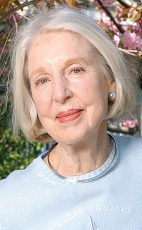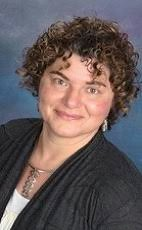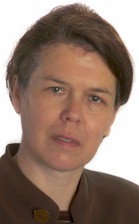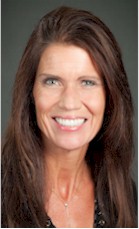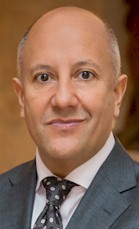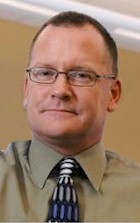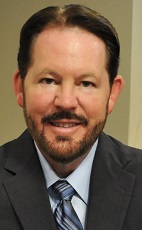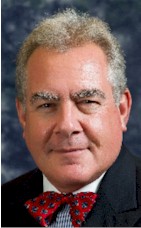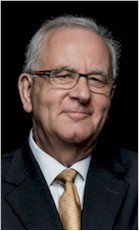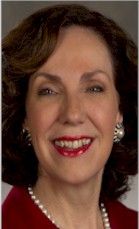
Twenty years ago, the U.S. spa industry was just beginning to blossom. There were approximately 3,000 spa locations then, compared to nearly 44,000-plus locations today. Day spas were popping up on every corner, driven largely by the full-service salon. Hotel and resort spas were few and far between, and destination spas such as the Golden Door and Canyon Ranch were luxurious getaways for the lucky few. Spas were a luxury, only reserved for the wealthy or affluent adult. Now, I have seen my youngest spa patron at the ripe age of 4 years old. READ MORE


